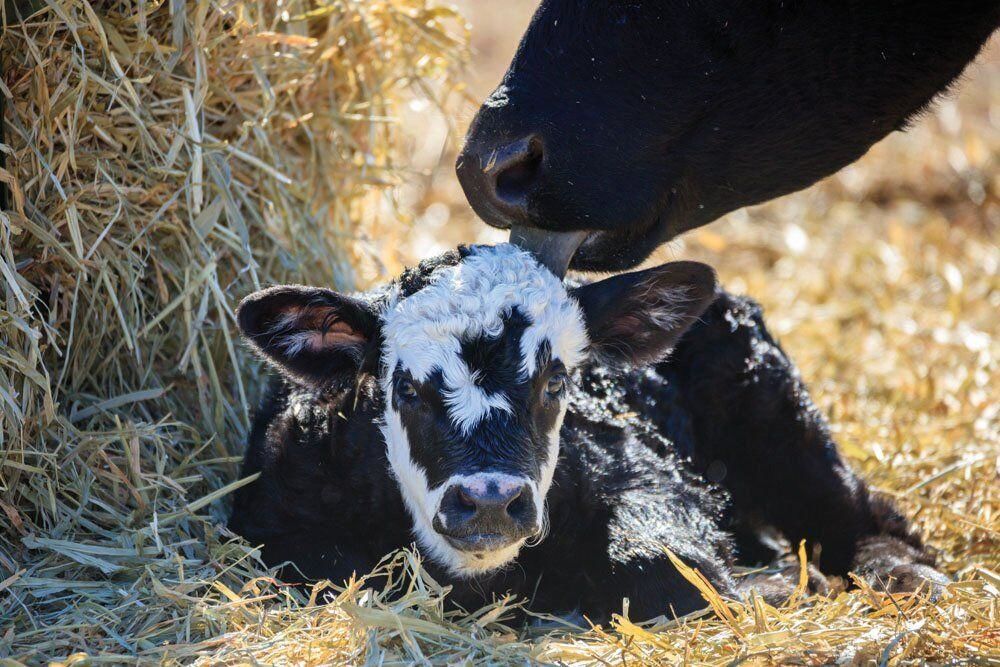Dehydration is a common cause of death in young calves that not suckling appropriately. Young animals have poor energy storage capacity and can go downhill very quickly when not receiving adequate nutrition or fluids. Prolonged time in the birth canal, mis-mothing, poor colostrum or milk quality and quantity and “dummy calves” can all lead to dehydration.
Assessing the level of dehydration is key to deciding if oral fluids will be enough or if IV fluid therapy with a vet is required to save them. To assess dehydration levels look for things like a prolonged skin tent (pick up the skin over their shoulder – it should bounce back straight away), sunken eyes, dry gums, lethargy, unable to stand and unable to suckle.
To replace fluids, calves should receive alternating milk replacer and electrolytes (such as lectade) every 4 hours initially then 2-3 times daily once their condition improves. Aim for 1-1.5L per feed depending on their size. The addition of extra sugars (dextrose/glucose) and bicarb soda may be needed but consult your vet first.
Using a bottle is the safest method, as it relies on their suckle response and gag reflex to control the flow of liquid. Sometimes when calves are too flat they lose their suckle reflex and stomach tubing is required. This comes with a serious risk of aspiration if the operator is not properly trained and may require veterinary intervention. If the level of dehydration is severe or response to oral fluids is not happening within 12-24 hours IV fluids may be needed through your vet.
If the calf responds and makes it through, they will often be rejected by mum so consider this when opting to treat the calf, as you may be left with a poddy calf and a lot of work moving forward.
For more information or advice please call us at Maraboon Rural Vets on 4982 2552.




